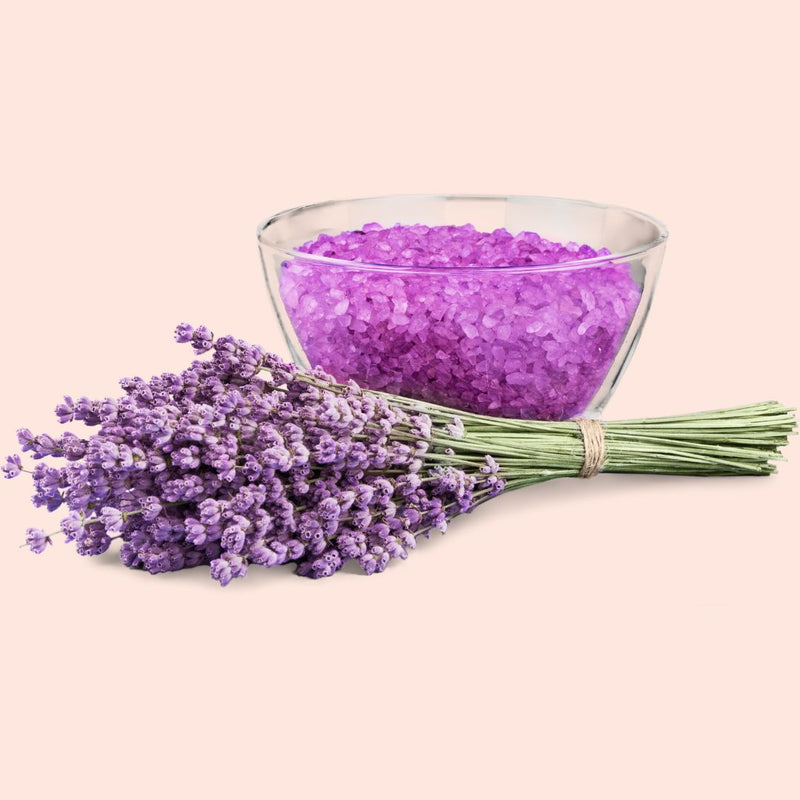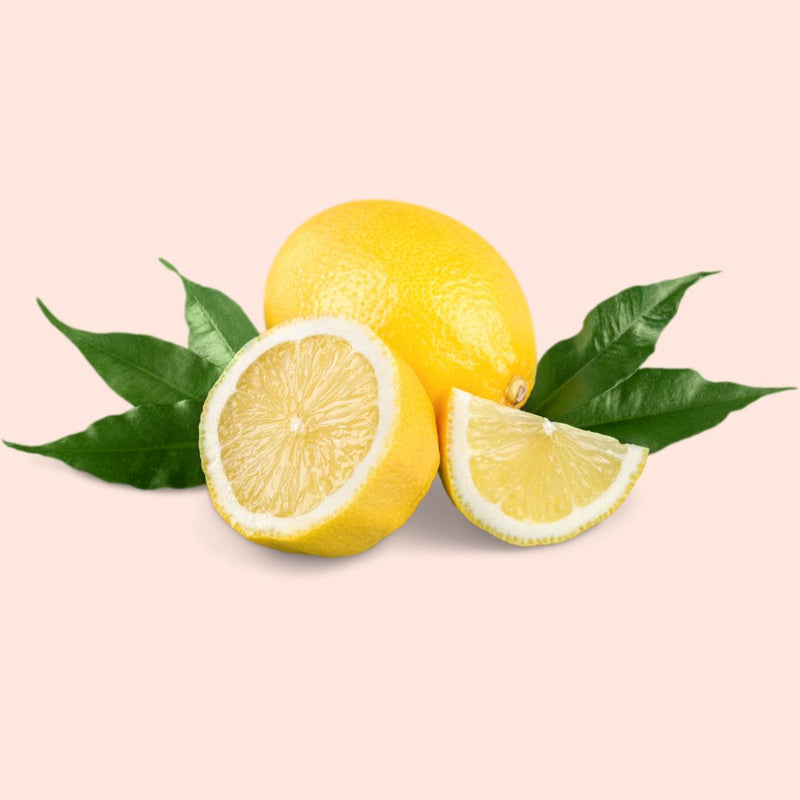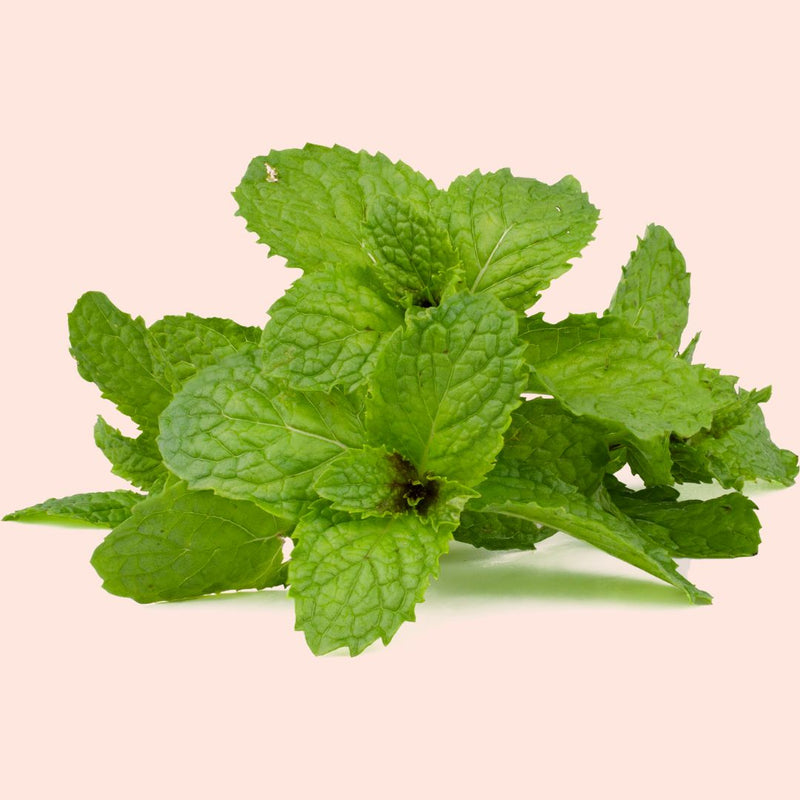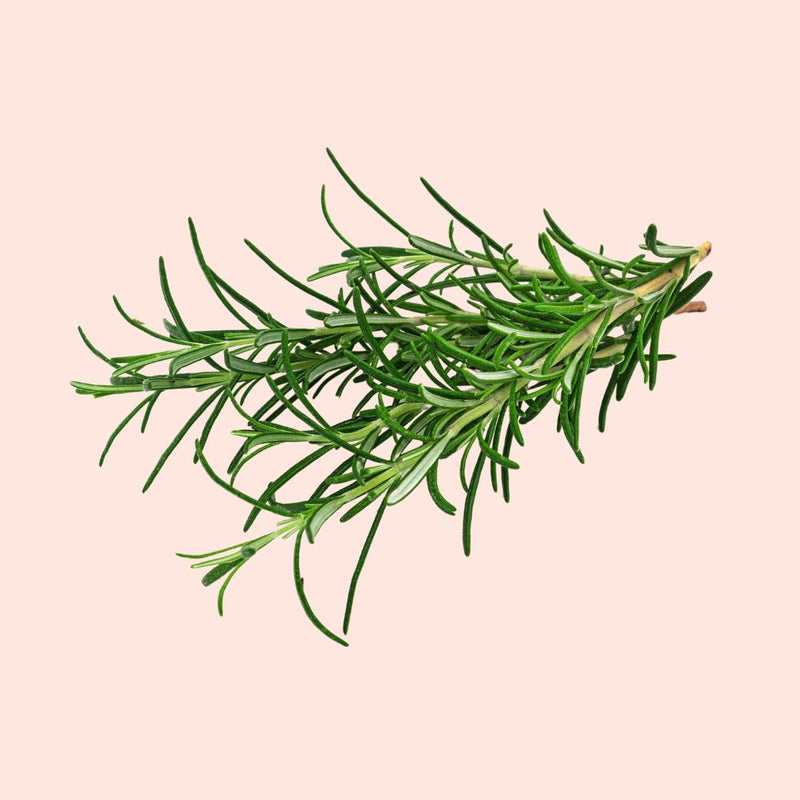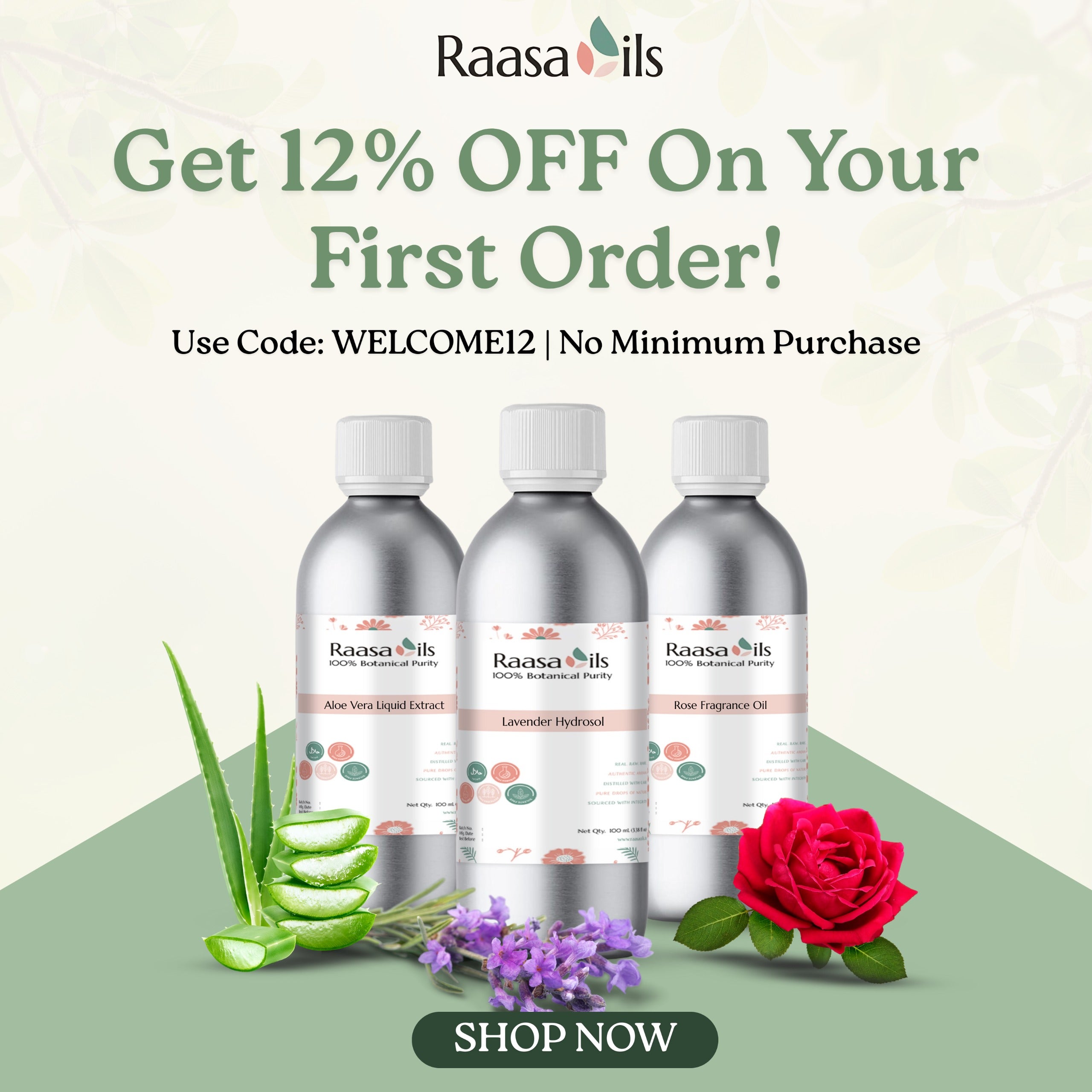Almost like people, the plants greatly benefited through the use of natural remedies, and essential oils are one of the best options to treat them. There are numerous uses of essential oils that are extracted by aromatic plants, which are widely used in gardening due to their antifungal, antibacterial, and insect-repelling properties. They make an environmentally friendly method to prolong the healthy development, protect the leaves against any invertebrates, and prevent mold or fungal growth, and do not make use of strong chemicals. Whether it is scaring away bugs or enhancing soil, these essential oils are supreme in supporting healthy and luscious plants. When properly applied and using the right oils, gardeners can support their plants more naturally and sustainably, plus make their homes or the garden a safer and more balanced space.
Top 10 Essential Oils For Plants
Essential oils work as functional guardians and stimuli to plants and have been associated with pest repellent as well as stimulant properties. These essential oils are very powerful and have many properties, which make them a very useful chemical-free approach for gardeners. These are the 10 most necessary essential oils that can help in healthy, pest-free, and thriving plants.
1. Lavender Essential Oil For Plants
Lavender essential oil is a mild but effective remedy for the care of plants. It keeps away harmful insects such as mosquitoes, moths, and flies because of its calming smell, which tends to destroy leaves and flowers. The antifungal action of the lavender essential oil also prevents mold and mildew, thus maintaining healthy soil and roots.

It gives natural protection when sprayed on and around plants, but also gives an acceptable aroma in the garden when diluted. The lavender essential oil contributes to the health of the plants as well as to a welcoming garden environment.
2. Peppermint Essential Oil For Plants
Peppermint essential oil is a very good natural insect repellent, repelling ants, aphids, and spiders from plants. The powerful scent disorients the pests and deters an infestation, and the leaves and stems stay healthier. Peppermint essential oil has also been used when diluted well and sprayed on the right areas or in the garden so that other pests are kept at bay.

Other than controlling the existence of the pests, it also aids in refreshing the environment, which brings about a cooling effect. Peppermint essential oil is effective on indoor potted plants and outdoor vegetable gardens as well.
3. Rosemary Essential Oil For Plants
Rosemary essential oil has been known to repel bug plants like cabbage moths, flies, and mosquitoes. It has a characteristic woody aroma and acts it a natural prevention of fungal infection and ensures the plant's survival in the long term. When mixed with water and sprayed, rosemary essential oil facilitates stronger defenses of the plants and makes them grow more healthily.

It is really very helpful in vegetable gardens as it assists in protecting crops without the introduction of any harmful chemicals. Rosemary essential oil can be used regularly to create a stronger, resilient gardening atmosphere that is pest-resistant.
4. Neem Oil For Plants
One of the finest all-natural remedies in the gardening world is the Neem oil. It is used as a general-use pesticide, killing aphids, whiteflies, fungal infections, and mealybugs. Neem oil is safe to use when it comes to beneficial insects, unlike chemical pesticides, which can be harmful to bees. It is also used as a source of antibacterial and antifungal properties, which preserve soil health, making plants grow stronger. Neem oil is long-lasting when diluted and sprayed, which has made it a popular choice of organic gardeners all around the world.
5. Lemon Essential Oil For Plants
The lemon essential oil is refreshing; it keeps insects such as ants and gnats at bay within plants. It is also antibacterial to prevent the growth of harmful bacteria on the soil and roots. By spraying diluted lemon essential oil on the plants, the plants also become less prone to pests, and the lemon essential oil scent is left on the plants with a clean, citrus smell.

It is quite useful for indoor plants, where it enhances freshness in confined places. Not only does lemon essential oil protect plants, but it can also improve the general air of your home garden.
6. Lemongrass Essential Oil For Plants
The lemongrass essential oil is among the natural repellents to bugs, particularly effective against mosquito larvae, aphids, and fruit flies. The scent it provides is fresh, citric, and covers up plant odor, confusing pests from reaching their targets. Moreover, lemongrass essential oil is used in fighting fungal infections to protect leaves and soil against damage.

As a diluted spray, it produces a barrier that does not damage the plants. This is an eco-friendly product very commonly used in organic gardening due to its two advantages of eliminating pests and nurturing plants.
7. Cinnamon Essential Oil For Plants
Cinnamon essential oil is a very strong antifungal that can be used to prevent root rot and mold development in plants. It can be used particularly effectively when sprinkled or applied as a spray around the soil to prevent the spread of fungal spores. It is also a pest repellent as the strong aroma of cinnamon essential oil repels ants and gnats. It has natural healing characteristics, which enhance the health of stems and roots to sustain plants. Cinnamon essential oil, applied regularly and with care, can protect as well as promote the growth of plants.
8. Orange Essential Oil For Plants
Orange essential oil adds freshness to plant care while keeping pests like spiders, ants, and flies at bay. Its antibacterial and antifungal properties help protect roots and leaves from common infections. Diluted orange essential oil, when sprayed, not only safeguards plants but also uplifts the garden with a pleasant aroma. It is particularly effective for vegetable gardens, enhancing both plant health and the surrounding environment. Orange essential oil provides a safe, chemical-free way to nurture thriving plants naturally.
9. Thieves Essential Oil For Plants
Thieves essential oil, a blend of clove, cinnamon, rosemary, eucalyptus, and lemon, offers multi-purpose protection for plants. Its antibacterial and antifungal properties guard against mold, mildew, and soil-borne diseases. The essential oil also repels insects naturally, reducing the need for chemical sprays. When properly diluted, it supports healthy root and leaf growth. Gardeners appreciate thieves' essential oil for its versatility, as it combines the benefits of several essential oils into one, making it an excellent all-in-one solution for plant care.
10. Eucalyptus Essential Oil For Plants
Eucalyptus essential oil is a strong insect repellent, particularly effective against mites, aphids, and beetles. Its antimicrobial qualities also protect plants from bacterial and fungal infections. When diluted and applied as a spray, eucalyptus essential oil helps improve plant resilience and overall health.

It is especially useful in outdoor gardens, where pest infestations are more common. Alongside its protective benefits, eucalyptus essential oil provides a refreshing aroma, enhancing the natural environment around your plants.
How To Use Essential Oils For Plants?
Using essential oils for plants requires proper dilution and application methods to ensure effectiveness without harming growth. Here are some safe and practical ways to use them in gardening.
Diluted Spray: Dissolve 10–15 drops of essential oil in water and a little bit of mild soap, and spray on leaves and stems.
Soil Treatment: Avoid fungal infections by adding diluted oil to the soil.
Cotton Ball Method: Put the essential oil-soaked cotton balls around the plants to prevent the pests.
Companion Planting Aid: Spray-thinned oils around companion plants to provide added protection.
Conclusion
Plant care: Essential oils offer a safe, eco-friendly method of maintaining plants and protecting against plants against pests and diseases. Properly applied, they promote growth, eliminate fungal problems, and produce healthier gardens. Including the essential oils in the process of gardening, you can raise bright, sustainable, and chemical-free care for plants.
DISCLAIMER
This content is for informational purposes only and is not intended as a substitute for a professional medical consultation, diagnosis, or treatment. You need to consult a healthcare provider whenever you intend to use essential oils to address a health concern.










